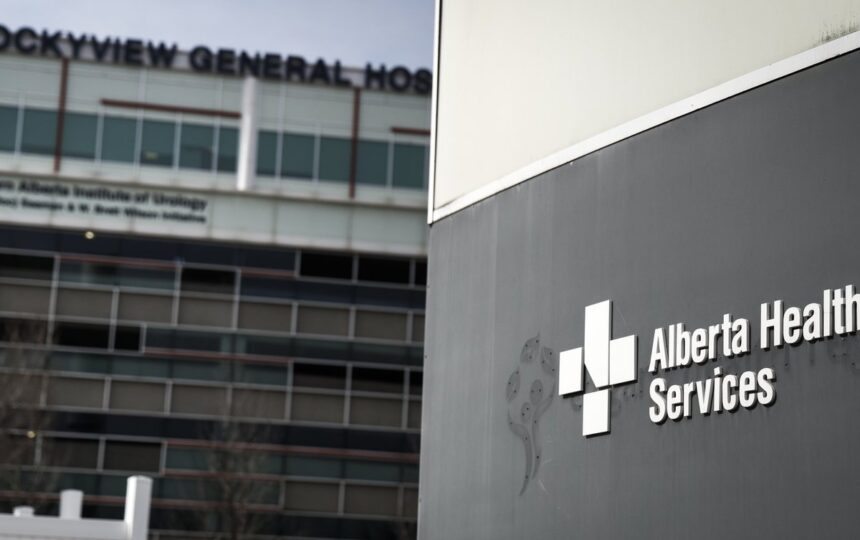The integrity of Alberta’s health system investigation hangs in the balance as its former CEO warns that a wave of misinformation threatens to derail meaningful reform. Dr. Verna Yiu, who led Alberta Health Services until 2022, voiced concerns this week that public discourse surrounding the province’s ongoing health governance review has become increasingly contaminated with falsehoods.
“When claims are made without evidence or context, it compromises the entire investigative process,” Dr. Yiu stated during a healthcare symposium in Edmonton. “The politicization of healthcare administration creates obstacles to meaningful improvement that ultimately affects patient care.”
The controversy stems from Premier Danielle Smith’s high-profile dismantling of Alberta Health Services last year, replacing the centralized model with four distinct organizations. This restructuring followed Smith’s campaign promises to overhaul what she characterized as a dysfunctional bureaucracy that failed Albertans during the pandemic.
Health Minister Adriana LaGrange defended the government’s approach, insisting the reorganization will improve frontline services. “Our reforms are based on extensive consultation with healthcare professionals and careful analysis of operational inefficiencies,” LaGrange said in a statement to reporters.
However, medical professionals across the province have expressed mounting concerns. Dr. Alika Lafontaine, president of the Canadian Medical Association, cautioned that “administrative upheaval without clear clinical justification risks disrupting care pathways that took years to establish.”
The restructuring carries significant financial implications. Financial records obtained through freedom of information requests reveal transition costs exceeding $23 million in the first quarter alone, with projections suggesting the final figure could surpass $85 million by year’s end.
Dr. Yiu emphasized that evidence-based decision-making must remain central to any healthcare reform. “When we allow political narratives to supersede clinical expertise and operational experience, we risk implementing changes that look good on paper but fail in practice,” she explained.
Critics point to Alberta’s struggling emergency departments as evidence that the restructuring may be exacerbating existing problems. Wait times at major hospitals in Edmonton and Calgary have increased by an average of 37% since the reorganization began, according to CO24 News analysis of provincial health data.
The situation reflects broader tensions in Canadian healthcare systems nationwide, where provinces grapple with post-pandemic recovery amid staffing shortages and increased demand. What distinguishes Alberta’s approach is the scale and speed of administrative change without corresponding evidence of improved outcomes.
Public health expert Dr. Lorian Hardcastle from the University of Calgary noted that “successful health system reform typically requires extensive stakeholder engagement, clear metrics for success, and transparent evaluation methods—elements that appear inconsistently applied in Alberta’s current approach.”
As the investigation continues, healthcare advocates call for greater transparency. “Patients deserve to know how these massive structural changes will improve their care,” said Sandra Miller, executive director of the Alberta Patients’ Association. “So far, that connection remains unclear.”
The controversy raises fundamental questions about healthcare governance in Canada’s increasingly polarized political landscape. As provinces seek solutions to common challenges, will evidence-based approaches prevail over ideological battles in shaping the future of our healthcare systems?










